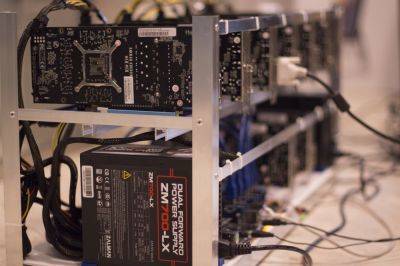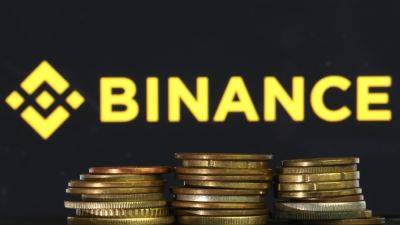Uniswap lawsuit judge calls Ether a commodity in dismissal order
A United States District Court judge has called Ether (ETH) a commodity in her dismissal of a class action lawsuit against the decentralized exchange Uniswap.
In an Aug. 30 dismissal order of the case brought by Uniswap users who claimed they lost money due to scam tokens on the exchange — Judge Katherine Polk Failla wrote ETH and Bitcoin (BTC) were “crypto commodities.”
The distinction was also part of her reasoning for dismissing the case — Failla said she wasn’t convinced by an argument that Uniswap’s token sales were subject to the Exchange Act.
Interestingly, Failla is also the judge overseeing the SEC lawsuit against Coinbase. She has also had previous experience in overseeing other crypto cases in the past, including one involving Tether and Bitfinex.
The SDNY (Failla, J.) also explicitly found in its August 29 decision in Risely v. Uniswap that
Ethereum is a commodity, not a security.
No analysis of the issue, just the conclusion, but still, pretty definitive statement if you ask me.
pic.twitter.com/KEc5Pf5kTC
While her comment is not a distinct ruling on Ether’s legal classification in the U.S., it comes as other judges have made decisions on cryptocurrencies such as a July ruling classing XRP (XRP) as a security when sold through programmatic sales on exchanges.
In recent years, two U.S. financial regulators, the Securities and Exchange Commission and the Commodity Futures Trading Commission have tussled over jurisdiction concerning cryptocurrencies.
SEC chair Gary Gensler had once claimed “everything other than Bitcoin” is a security under his agency’s remit.
Meanwhile, the CFTC has laid claim to ETH and other cryptocurrencies as commodities — per a suit it filed against Binance in March for alleged Commodities
Read more on cointelegraph.com























